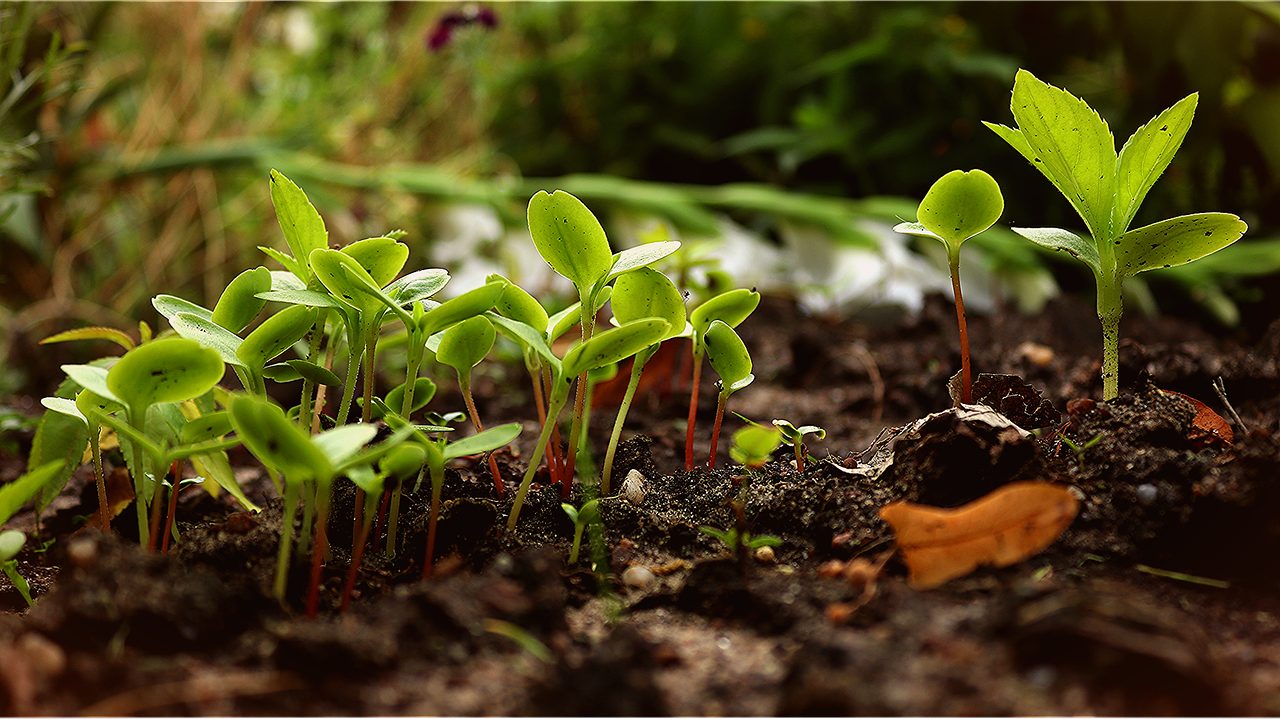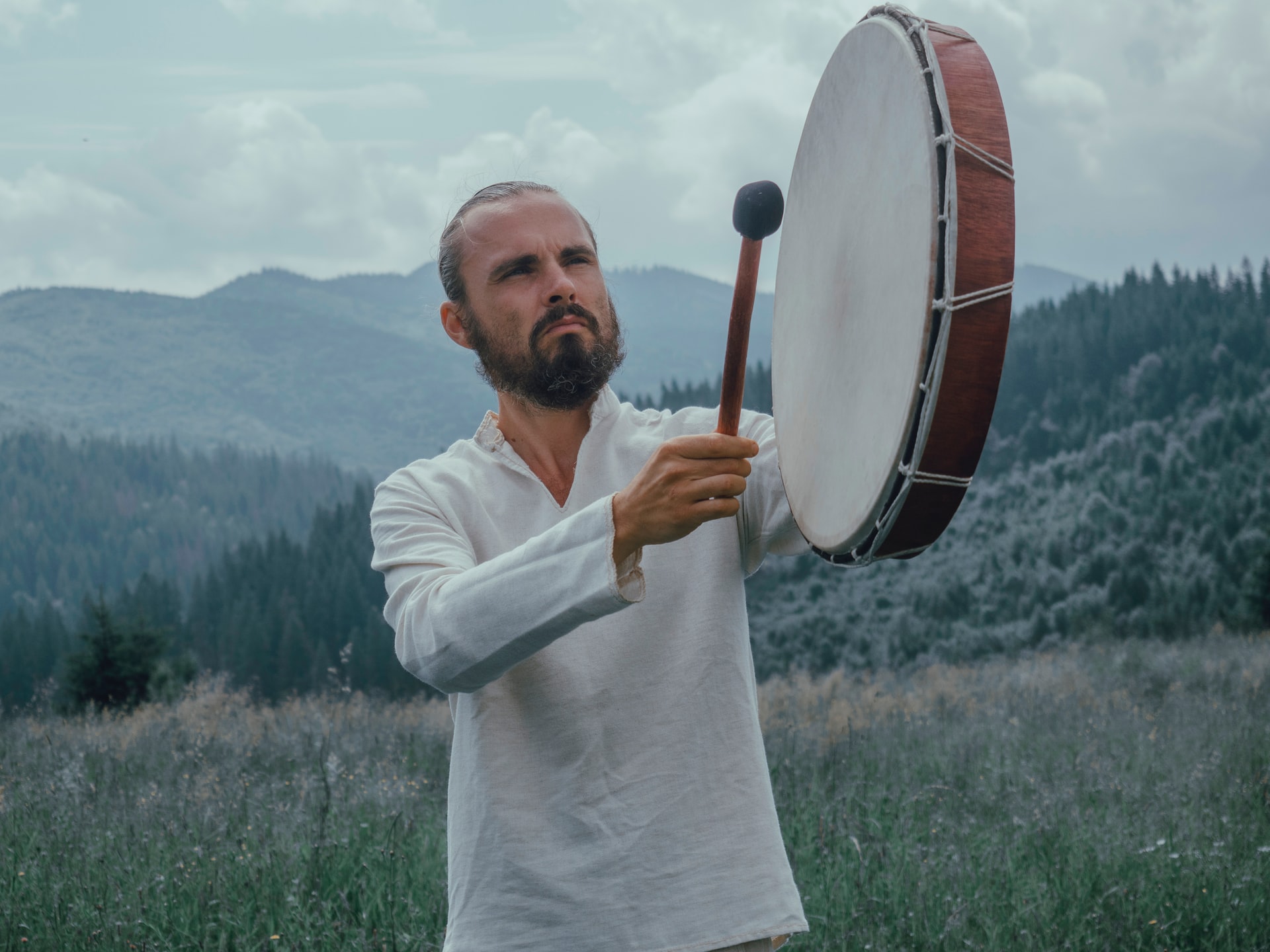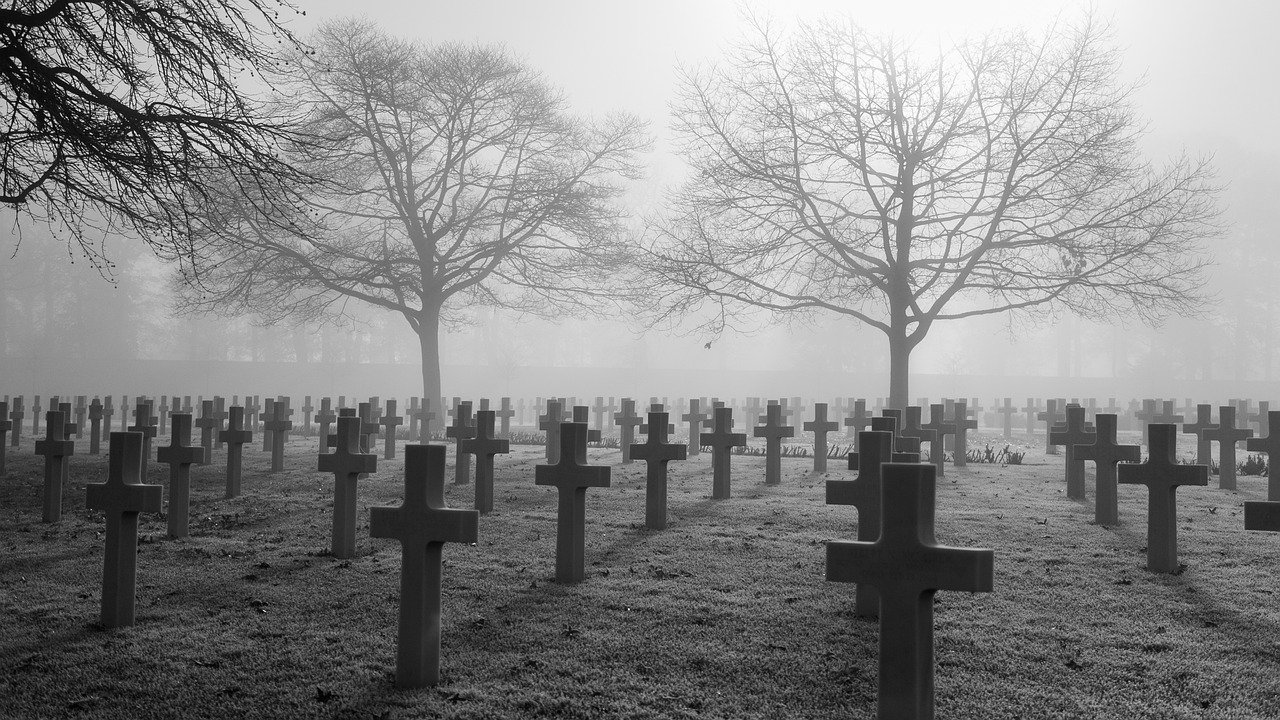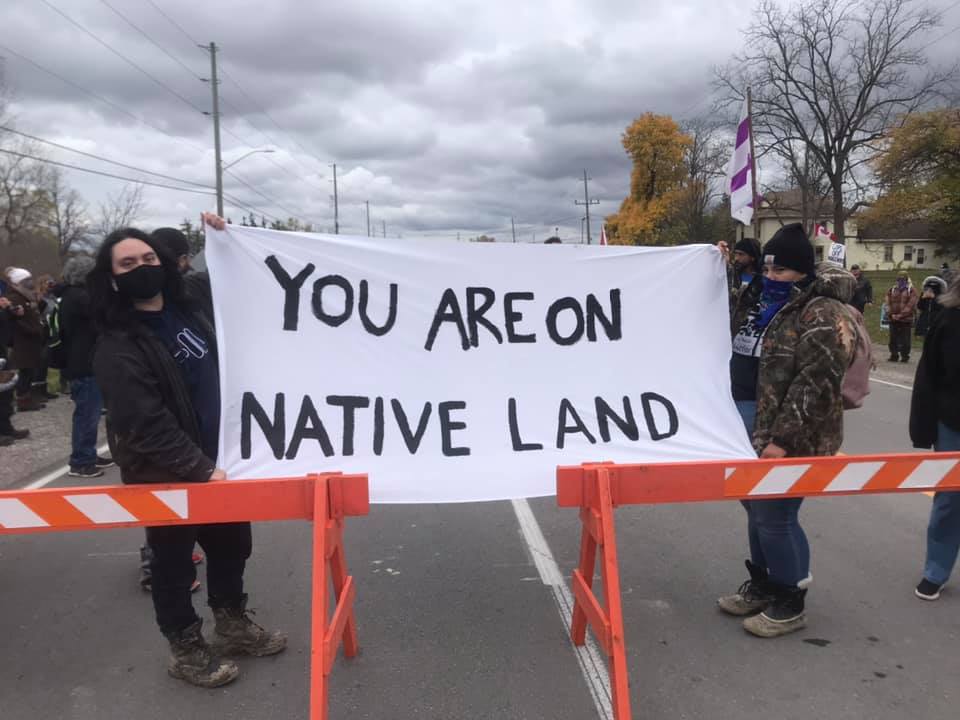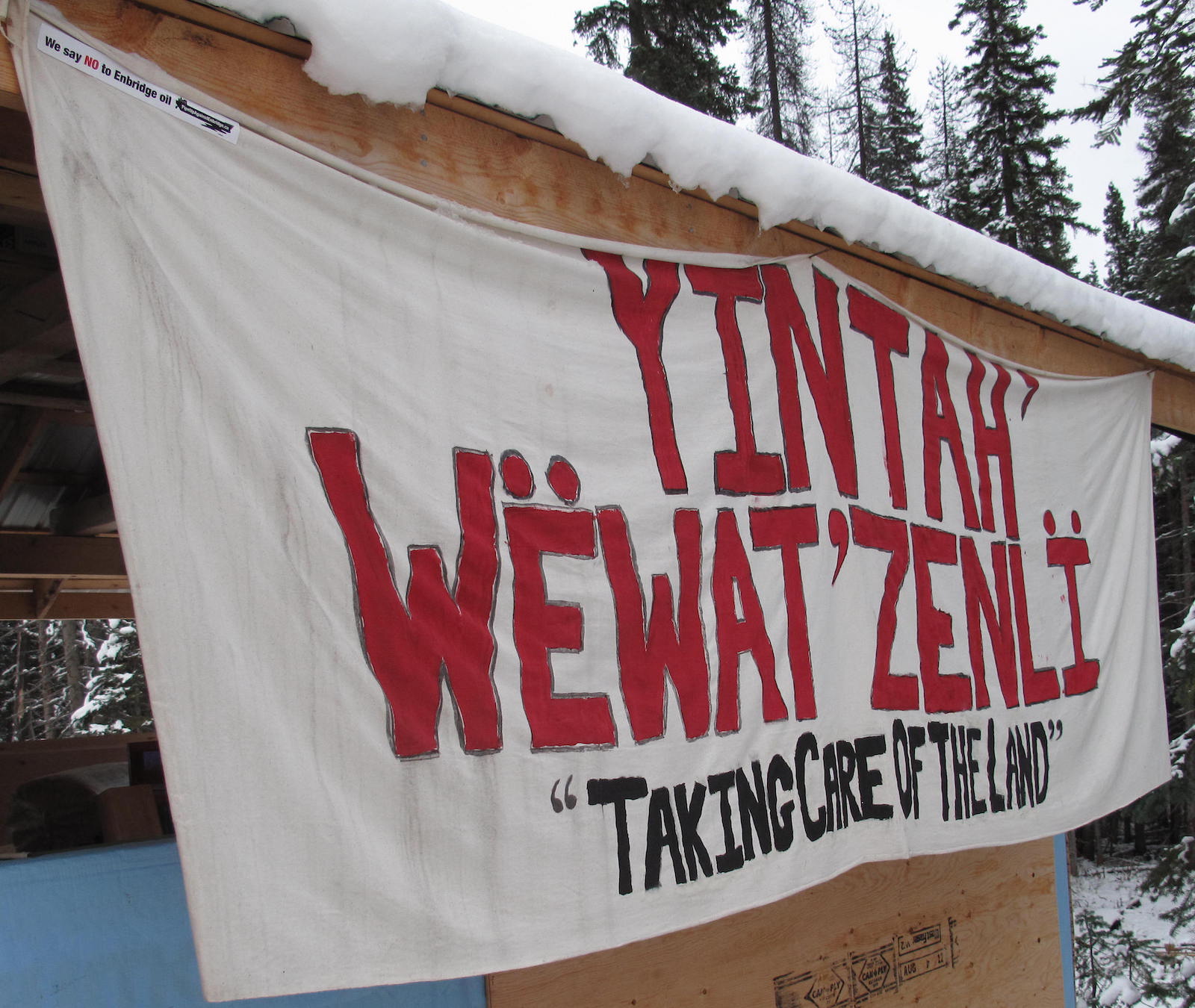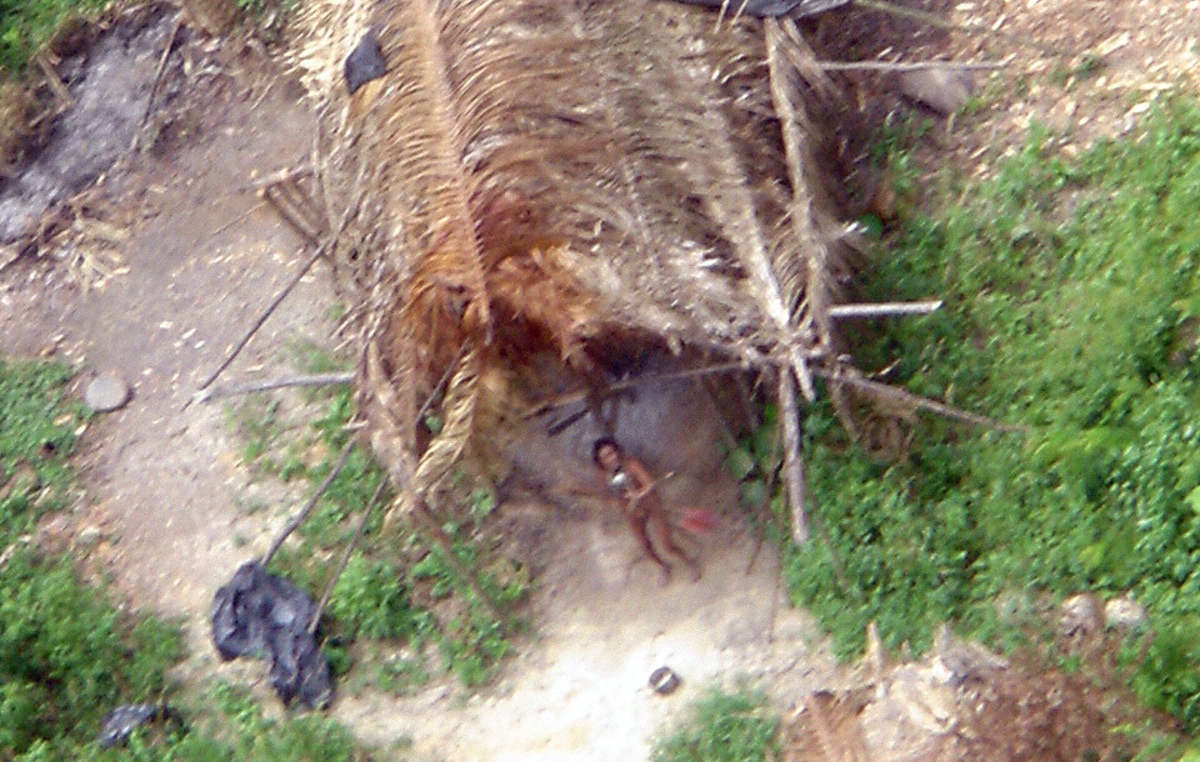by Vince Emanuele / Counterpunch
“They wrote in the old days that it is sweet and fitting to die for one’s country. But in modern war, there is nothing sweet nor fitting in your dying. You will die like a dog for no good reason.” Ernest Hemingway
“War and drink are the two things man is never too poor to buy.” William Faulkner
I served with the United States Marine Corps, 1st Battalion, 7th Marines, Alpha Company, 3rd Platoon, 1st Squad, 3rd Fire Team, as a Squad Automatic Machine Gunner from September 2002, until January 2006. During that time, I was twice deployed. First, in 2003, in southern Iraq, during the initial invasion and occupation of Iraq. Then, again in 2004–2005, in Al Qaim located in Al Anbar Province, during the height of the insurgency in Iraq.
In 2008 I testified to U.S. Congress about war crimes the U.S. military was committing in Iraq in the name of democracy and freedom: the wanton killing of non-combatants, the torture of prisoners, the mutilation of dead bodies, the cover-ups, lies, and complete disregard for Iraqi life.
Seventeen years after the invasion of Iraq and Americans remain split in their opinion of the war.
Interestingly, Trump ran and won on a quasi-antiwar platform in 2016. Rhetorically, he railed against the military-industrial complex, Bush’s neverending wars, and “interventionist” policies. Republican voters preferred his message to the Neoconservative party line. So much for polls. Trump didn’t out-hawk the hawks in the GOP — he provided a different message. And it resonated. No matter what the left says about Trump’s base, there’s no evidence to suggest they’re champing at the bit for another foreign war.
Fortunately, recent polls show that most U.S. veterans who served in Iraq and Afghanistan are opposed to the wars and regret their time served overseas. In other words, “it wasn’t worth it.” Not surprising. In my experience, while most veterans might not say so out loud, privately and in the company of fellow veterans, they’re more than willing to speak critically of the wars and do so regularly.
In 2017, roughly 45,000 Americans died from suicide.
Of those, 6,139 were veterans. Most veterans who kill themselves do so because we regret what we’ve done overseas: the people we’ve killed, the friends we’ve lost, all for nothing. We have experienced what some experts call ‘Moral Injury.’ Others commit suicide because they were raped, violently assaulted, hazed, or simply because the military is a harsh fucking place to be at times.
These days, I have a love-hate relationship with my military service. On the one hand, it made me grow up in ways that were necessary and extremely helpful. I met lifelong friends and forged bonds that can only be established in war and through tremendous shared collective sacrifice (something this nation needs now more than ever, a conversation for another day).
As a result of my service, I’m a more disciplined, wise, and emotionally hardened person.
Some people might say that becoming emotionally hard isn’t a good thing. I disagree. This world is a fucking bitch and many men would like to divorce her. Better to prepare for the worst and hope for the best than the opposite. Better to maintain some armor and avoid problems instead of allowing people to walk all over you.
During my service, I also became a more compassionate person. Discovering compassion through war might seem like a major contradiction, a warped irony, it is. On the other hand, my time in the USMC was personally and socially destructive. I put my family, friends, and former lovers through hell, a story most vets can understand. I became addicted to cocaine and alcohol and eventually ended up in an inpatient program at the North Chicago VA. I spent years wondering whether I should get out of bed or stick a gun in my mouth.
Today, my views concerning military service are much more nuanced than they were when I was 22 years old and fresh out of the corps. It’s taken a lot of time, reflection, and hard work to place those experiences in their proper context, to explore different perspectives. Surely, you’ve heard the expression, “There’s life before your parents die, and life after your parents die.” The same is true of war. Life before war seems like a distant dream, a vanishing horizon of memories.
Life after the war is crystal clear.
I can recall week-by-week events from ten years ago. I can remember entire months from 2014, 2015, and 2018, what I was doing on specific days, projects I was working on, and the like. It’s wild how the mind works, what it chooses to remember, and chooses to discard to the netherregions of the brain. Childhood memories, like ghosts from the war, revisit me in my dreams, where they stalk, haunt, and entertain.
As much as my views have changed on a number of topics, my views on Veteran’s Day have not. I hate this holiday. I loathe Veteran’s Day because it’s superficial, like most shit in today’s society and culture. What most people call friends, I would call penpals. What most people call lovers, I would call fuck buddies. So it goes in modern America…
On a day that should be shrouded in shame, corporations advertise discount mattresses, while chain restaurants provide menial giveaways — the same chain restaurants that financially benefitted from the wars, the wars that have destroyed some of our lives. And people wonder why veterans lose it? Americans act shocked when a veteran picks up a gun and goes on a killing spree. I’m shocked it doesn’t happen more often.
Americans seem to love superficial displays of patriotism.
They underpin our entire history and existence. They form the way we view the world and those in it. Patriotism gives Americans a sense of fulfillment and meaning. Without it, we’re not a country — we’re just a bunch of states who, as the last election shows, share less and less in common with each passing year.
Where we go from here, no one knows. What we do know is that Biden’s cabinet will be stacked with military-industrial types. The Neoliberals and Neoconservatives will call the shots when it comes to U.S. foreign policy, which means neverending support for Israeli war crimes, more drone strikes, coups, extensive operations in Africa, and no drawdown of troops in Iraq, Syria, or Afghanistan. Massive surveillance of U.S. citizens will continue. U.S. Empire will march on, until or unless mass social movements exist that are capable of stopping it.
I don’t know too many veterans who joined the military to fight and die for oil companies, weapons manufacturers, and bankrupt geopolitical interests. Most veterans join the military for good reasons. After all, we live in such a selfish and hyper-individualistic society — it’s not surprising that someone would want to join the military and get away from the dominant culture of “Me! Me! Me!” Here, we should attempt to better understand what draws people to military service.
Nevertheless, as we used to say in the corps, “Good intentions, bad judgment.” No matter how well-intentioned one might be, joining the United States military has nothing to do with protecting our freedom. Some marines have understood this for a long time.
In 1935, General Smedley Butler wrote, War Is A Racket, a scathing text about the true origins of the U.S. military empire and the capitalist interests it serves:
“I spent 33 years and four months in active military service and during that period I spent most of my time as a high-class muscle man for Big Business, for Wall Street, and the bankers. In short, I was a racketeer, a gangster for capitalism. I helped make Mexico and especially Tampico safe for American oil interests in 1914. I helped make Haiti and Cuba a decent place for the National City Bank boys to collect revenues in. I helped in the raping of half a dozen Central American republics for the benefit of Wall Street. I helped purify Nicaragua for the International Banking House of Brown Brothers in 1902–1912. I brought light to the Dominican Republic for the American sugar interests in 1916. I helped make Honduras right for the American fruit companies in 1903. In China, in 1927 I helped see to it that Standard Oil went on its way unmolested. Looking back on it, I might have given Al Capone a few hints. The best he could do was to operate his racket in three districts. I operated on three continents.”
It’s worth again noting that Butler wrote those words 85 years ago. Since then, the U.S. Empire has only grown in size. Additionally, the military-industrial complex is bigger and enjoys more influence in U.S. Congress and White House than at any previous point in U.S. history. If this trajectory doesn’t change, the empire will eat the republic and this little experiment will be cast into the dustbin of history.
For those of you reading this who’ve already done your time, hell, even for those of you who remain in the military, remember this: we signed our name on a dotted line, willing to give our lives, not for a specific president or political party, but in the defense of the U.S. Constitution. If you no longer believe in that oath, I understand. However, if you do believe in the oath, understand what it means: “protecting the U.S. Constitution against all enemies, foreign and domestic.”
No Iraq, Somali, Pakistani, Palestinian, Libyan, or Syrian poses a threat to our constitution. The Republican Party represents a threat to our constitution. The Democratic Party represents a threat to our constitution. Wall Street poses a threat to our constitution. These are the domestic enemies our oath was referring to. Focus your anger and energies on them, not ordinary citizens, our brothers and sisters, or supposed “foreign threats.” Our problems are staring at us in the mirror.
Veteran’s Day should be a day of national reflection.
If I had it my way, every American would be forced to stand for three hours in the morning and listen to the politicians who vote for wars read off the names of every servicemember and veteran who’s died since 9/11. In the afternoon, Americans would be forced to listen to the testimony of Iraqis, Afghans, Syrians, and other victims of U.S. militarism. And in the evening, they would be forced to volunteer at a veterans hospital. No sports. No bars. No shopping. No sales. No nothing. Then and only then, will we get the attention of people in this country. Shutdown Netflix for a day and see how quickly Americans pay attention.
Meanwhile, to my fellow veterans, welcome home. You made it. You might not be in one piece physically or mentally, but goddamnit, you’re here. You’re alive. And sometimes, that’s all we have. Don’t spend too much time alone. Don’t drink too much. Workout. Have sex. Write. Paint. Play. Create. Smoke pot. Eat mushrooms. Discover yourself, not in some hippy-dippy bullshit way, but in a visceral way. You, more than anyone, should understand just how short life can be.
As the great director and antiwar veteran, Oliver Stone, once wrote, “Those of us who did make it have an obligation to build again, to teach to others what we know, and to try with what’s left of our lives to find a goodness and a meaning to this life.”
You won’t find that meaning in superficial displays of nationalism. That’s why I say, Fuck Veteran’s Day.

